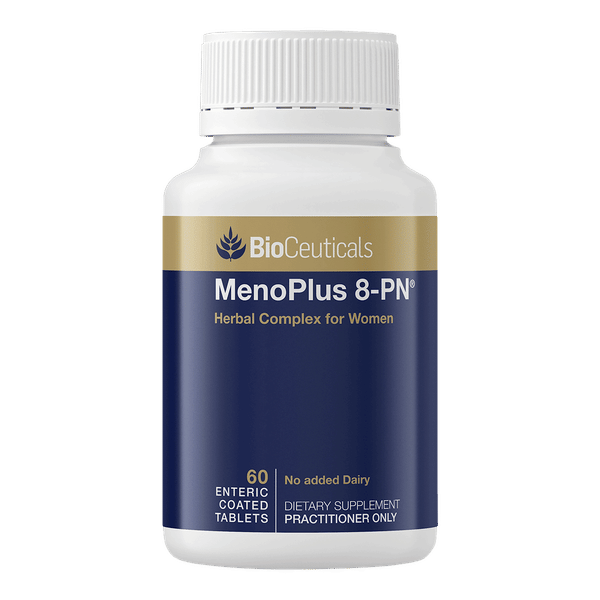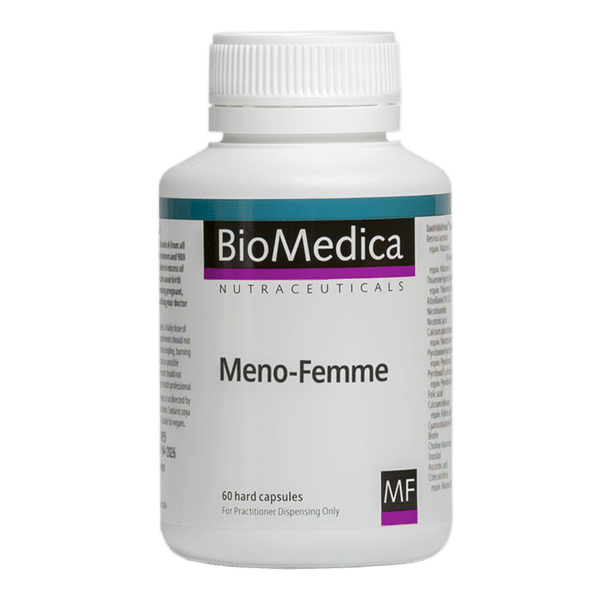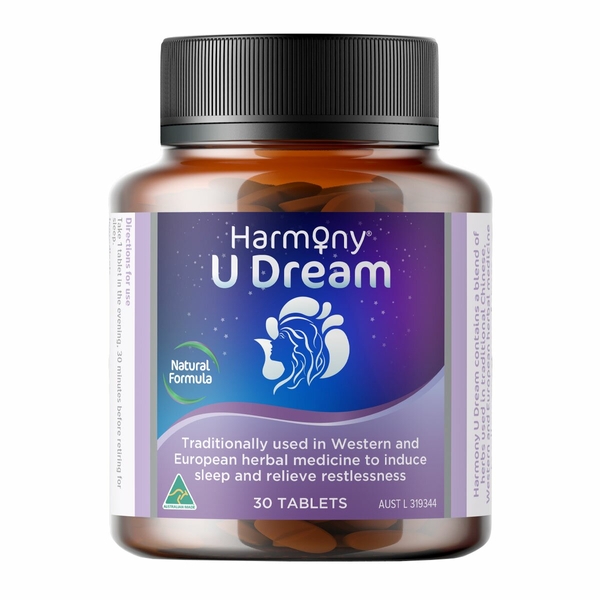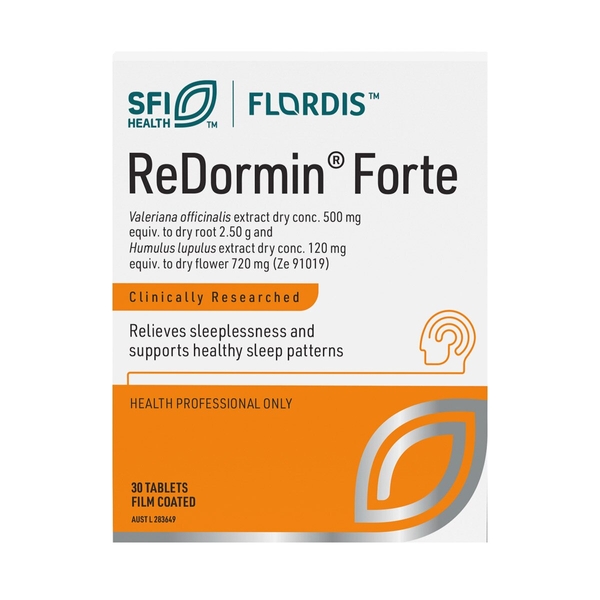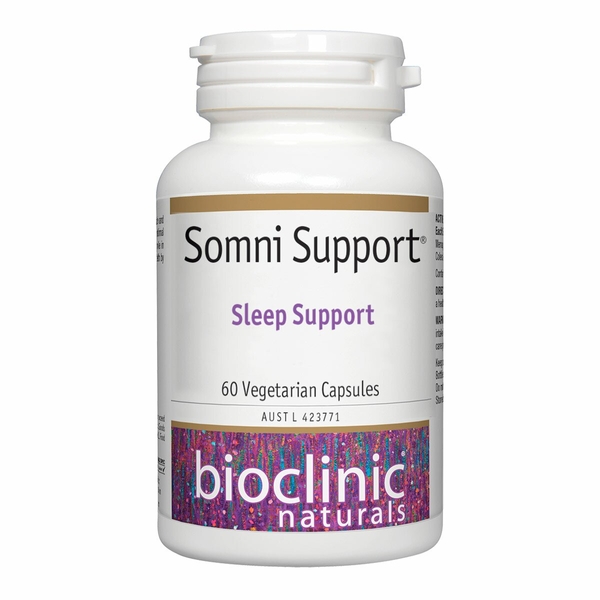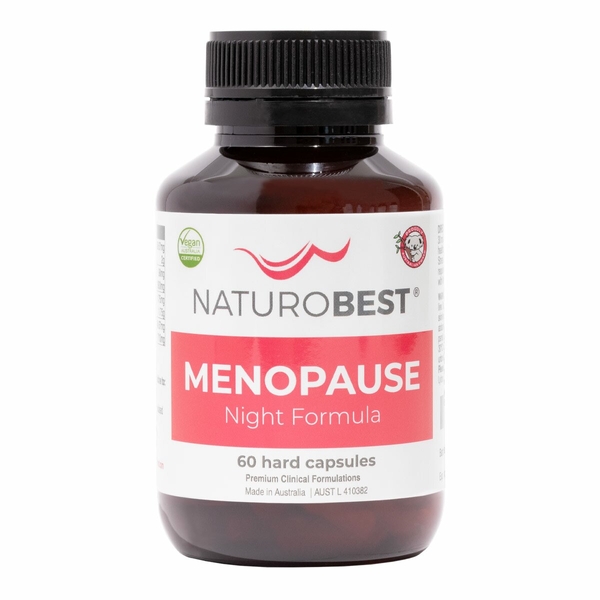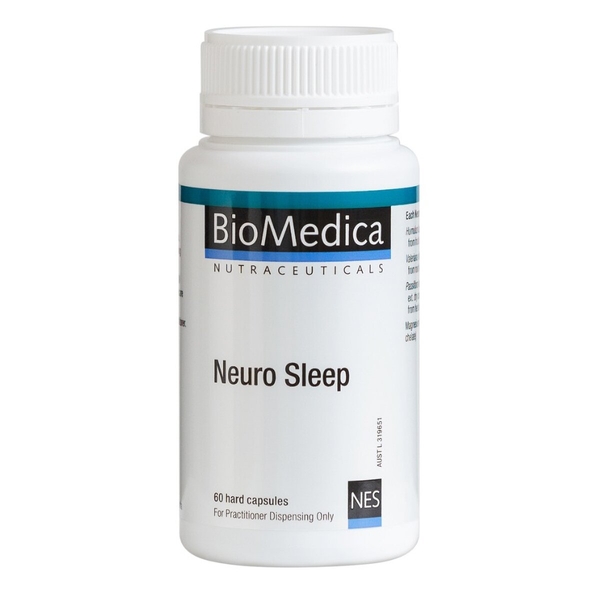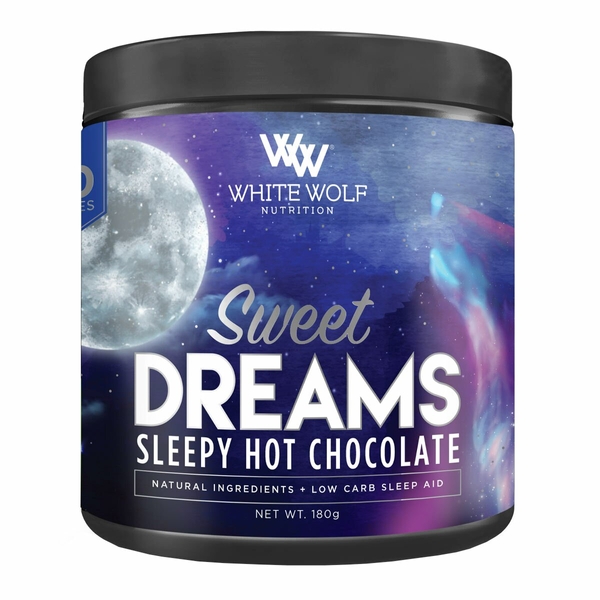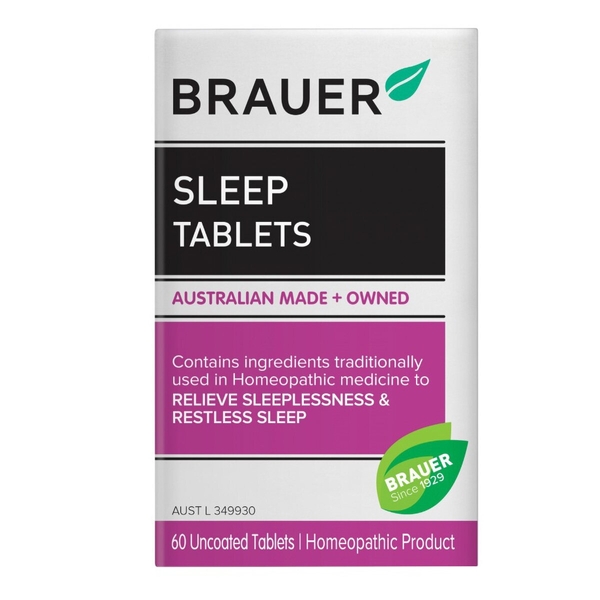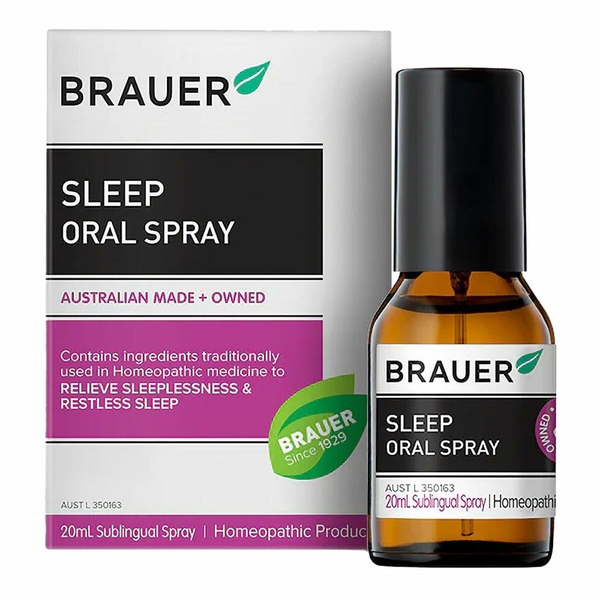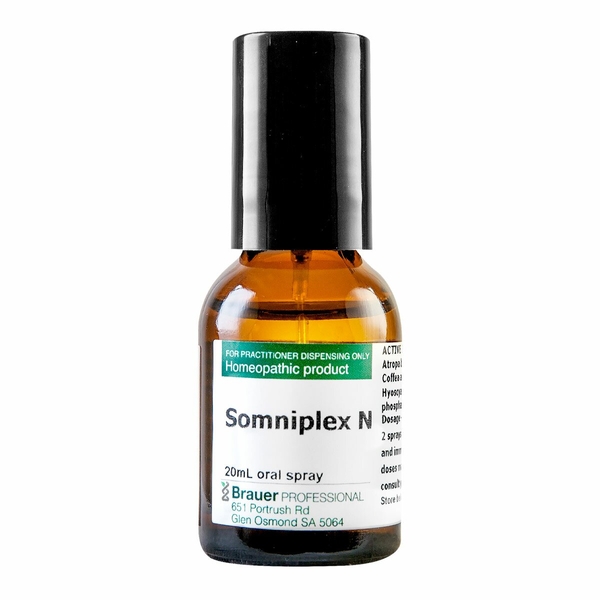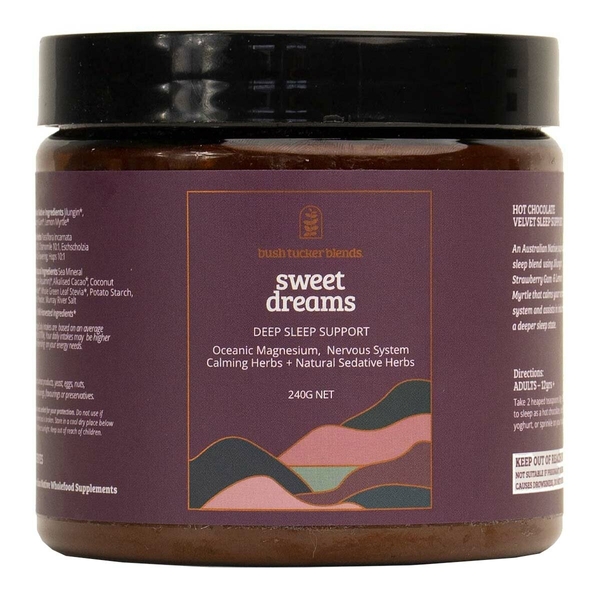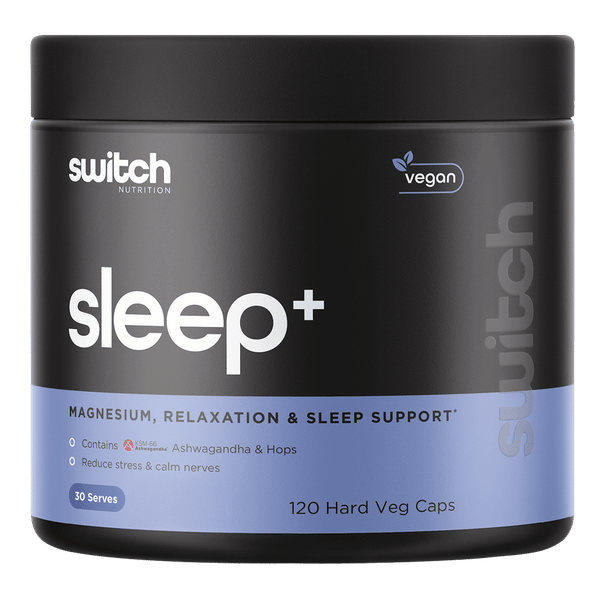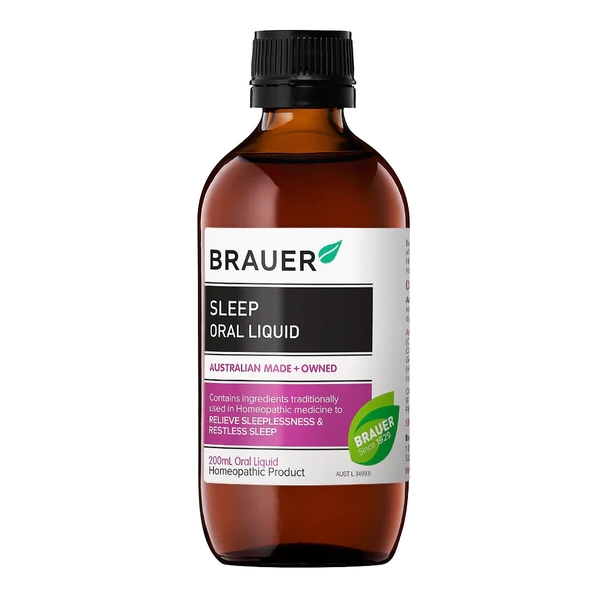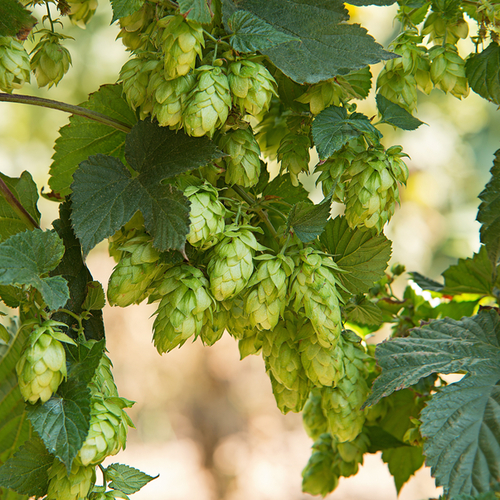
Background
The term "hops" comes from the Anglo-Saxon term "hoppan", which means "to climb." Hops contain many chemicals, including bitter acids, which contribute to its bitter flavor. Some chemicals in hops seem to act similarly to the hormone estrogen and some seem to cause sleepiness.
People commonly use hops for anxiety, sleep disorders, restlessness, symptoms of menopause, and many other conditions, but there is no good scientific evidence to support these uses.
Safety Safety definitions
Special Precautions & Warnings:
Pregnancy and breast-feeding: There isn't enough reliable information to know if hops are safe to use when pregnant or breast-feeding. Stay on the safe side and avoid use.Hormone sensitive cancers and conditions: Some chemicals in hops act like the hormone estrogen. People who have conditions that are sensitive to estrogen should use caution when taking hops. Some of these conditions include breast cancer and endometriosis.
Surgery: Hops might cause too much sleepiness when combined with anesthesia and other medications during and after surgical procedures. Stop taking hops at least 2 weeks before a scheduled surgery.
Effectiveness
Dosing & administration
Interactions with pharmaceuticals
Estrogens
Interaction Rating=Moderate Be cautious with this combination.
Hops might have some of the same effects as estrogen. Taking hops along with estrogen might decrease the effects of estrogen.
Medications changed by the liver (Cytochrome P450 1A2 (CYP1A2) substrates)
Interaction Rating=Moderate Be cautious with this combination.
Some medications are changed and broken down by the liver. Hops might change how quickly the liver breaks down these medications. This could change the effects and side effects of these medications.
Medications changed by the liver (Cytochrome P450 3A4 (CYP3A4) substrates)
Interaction Rating=Moderate Be cautious with this combination.
Some medications are changed and broken down by the liver. Hops might change how quickly the liver breaks down these medications. This could change the effects and side effects of these medications.
Sedative medications (CNS depressants)
Interaction Rating=Moderate Be cautious with this combination.
Hops might cause sleepiness and slowed breathing. Some medications, called sedatives, can also cause sleepiness and slowed breathing. Taking hops with sedative medications might cause breathing problems and/or too much sleepiness.
Interactions with herbs & supplements
Herbs that might act like estrogen: Hops might have the same effects as estrogen. Using it along with other supplements with similar effects might increase estrogen-like effects and side effects. Examples of supplements with this effect include black cohosh, kudzu, peony, and red clover.
Interactions with foods
Products
View all products- Humulus lupulus (Hops) ext. 100 mg equiv. 8-prenylnaringenin 75 μg
- Ascorbic acid (Vitamin C) 100 mg
- Ziziphus jujuba var. spinosa ext. 150 mg
- Lavandula angustifolia oil 40 mg
- Rehmannia glutinosa ext. 100 mg
- Salvia officinalis ext. 300 mg
- Cholecalciferol 12.5 μg equiv. vitamin D3 500 IU
- Asparagus racemosus ext. 187.5 mg
- Humulus lupulus (Hops) ext. 100 mg
- Medicago sativa ext. 85 mg
- Oryza sativa powder 5 mg
- Chlorella vulgaris ext. 10 mg
- Humulus lupulus (Hops)
- Passiflora incarnata (flower)
- Chamomilla spp.
- Eschscholzia californica (flower)
- Backhousia citriodora
- Magnesium hydroxide (Aquamin Mg)
- Theobroma cacao
- Coconut milk powder
- Stevia rebaubiana
- Potato maltodextrin
- Beta vulgaris powder
- Murray River salt
- Terminalia canescens
- Eucalyptus olida

